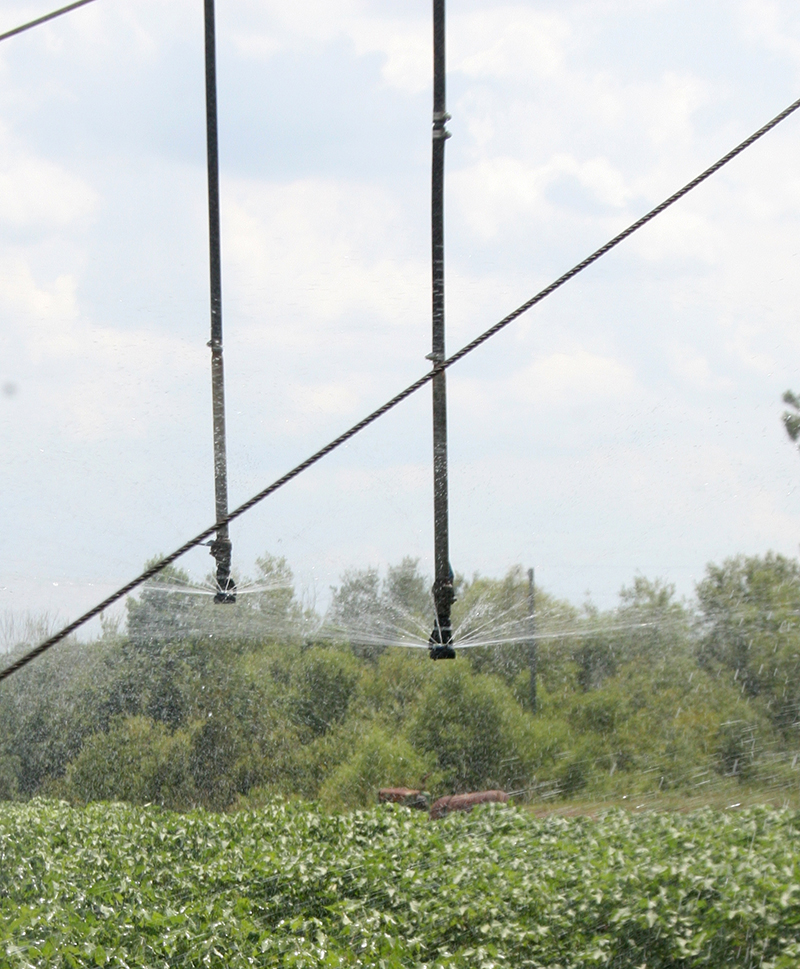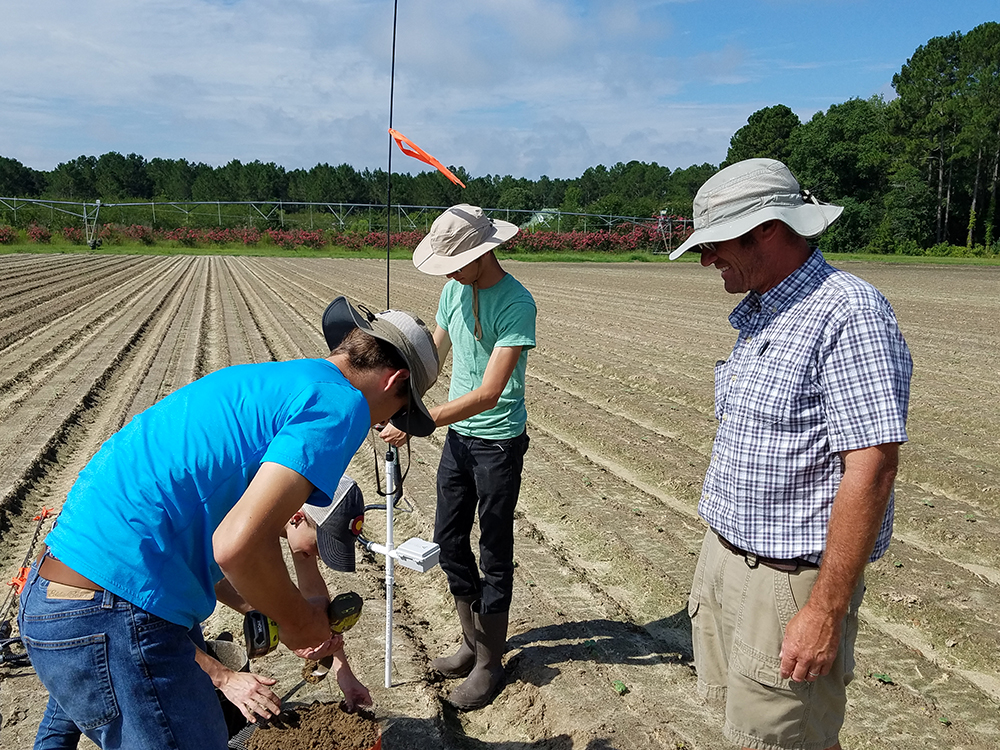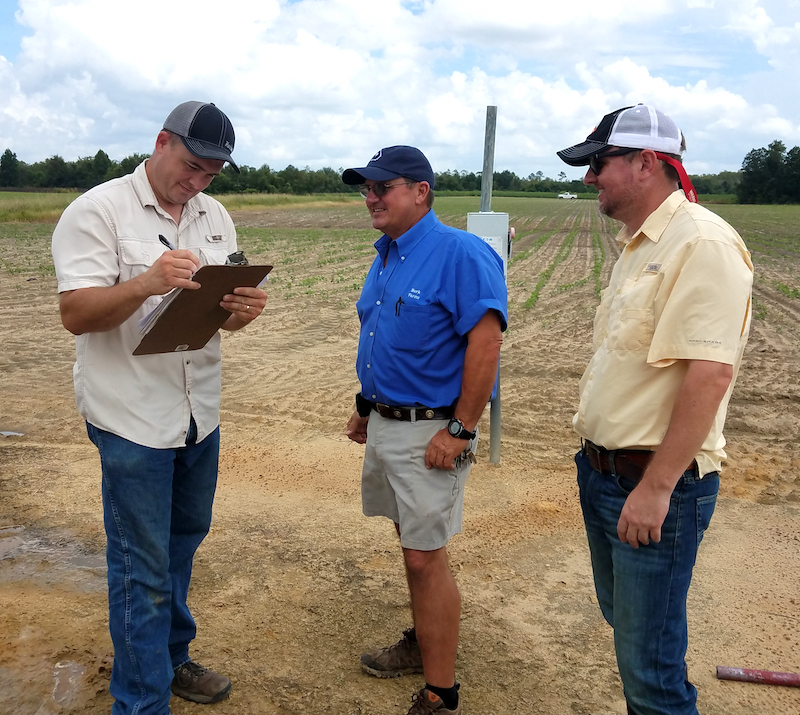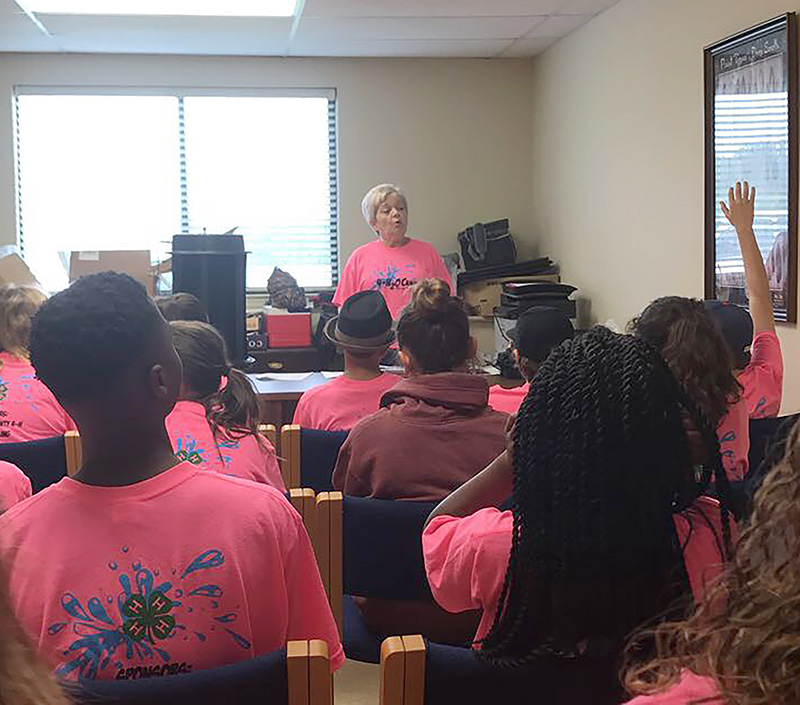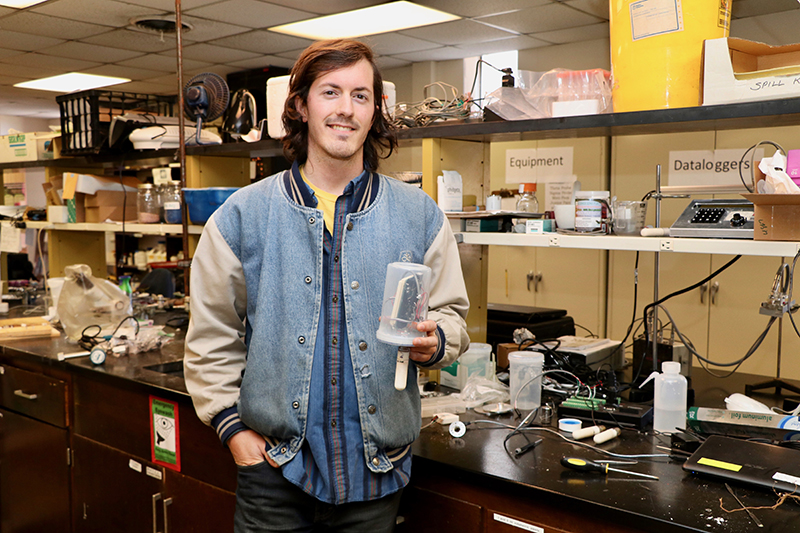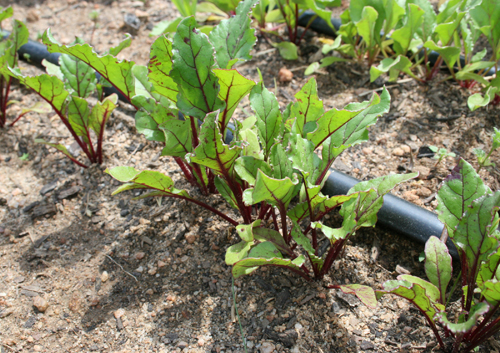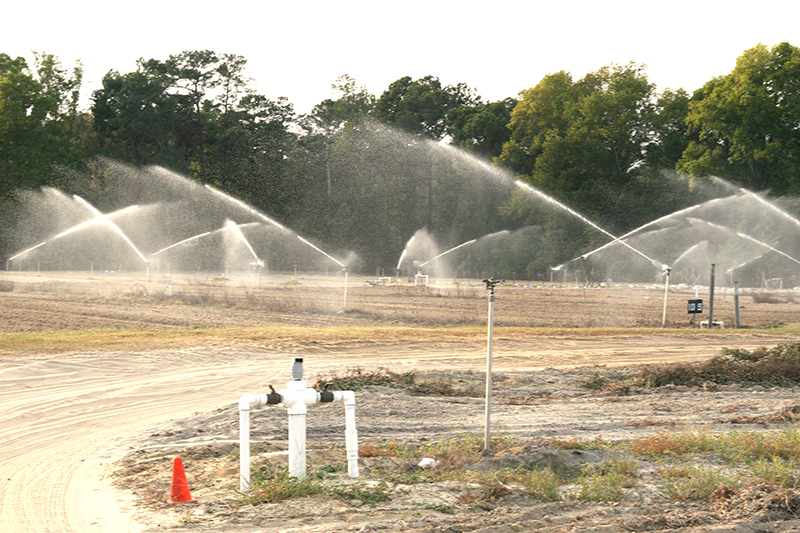 CAES News
CAES News
Precision Ag Award
A University of Georgia scientist’s dedication to educating Georgia farmers about the benefits of precision agriculture has garnered him international recognition. Wes Porter, a UGA Cooperative Extension precision agriculture and irrigation specialist, will receive the Educator/Researcher Award from the PrecisionAg Institute at the InfoAg Conference in St. Louis, Missouri, on Tuesday, July 23.

